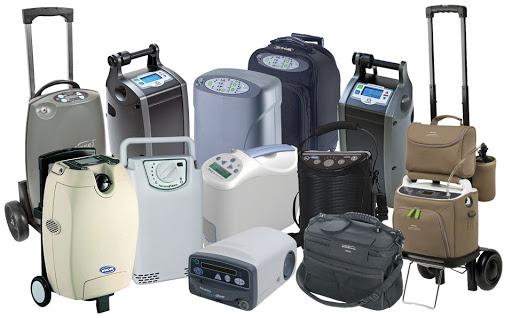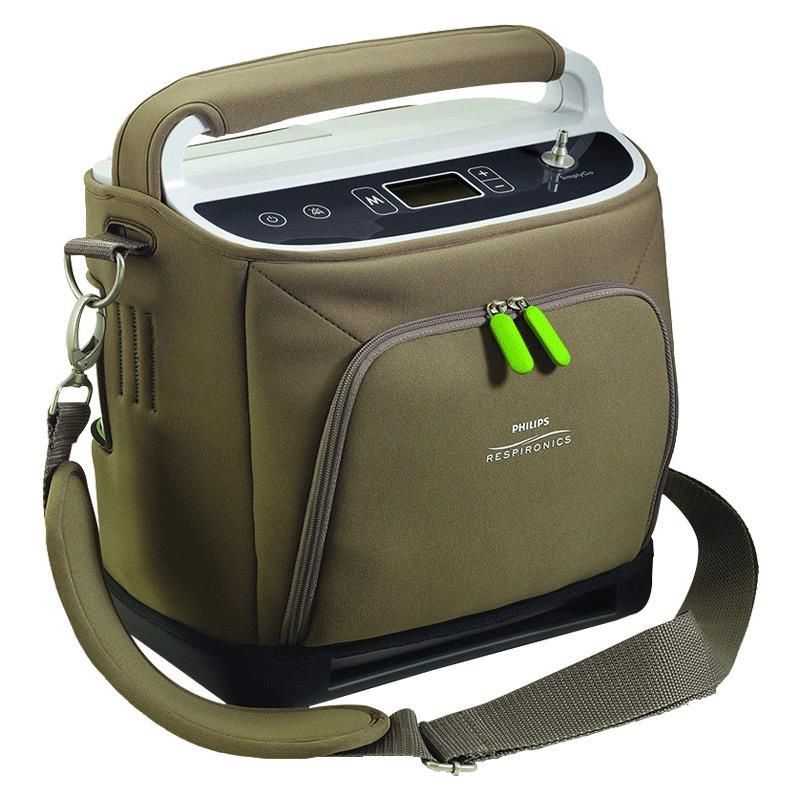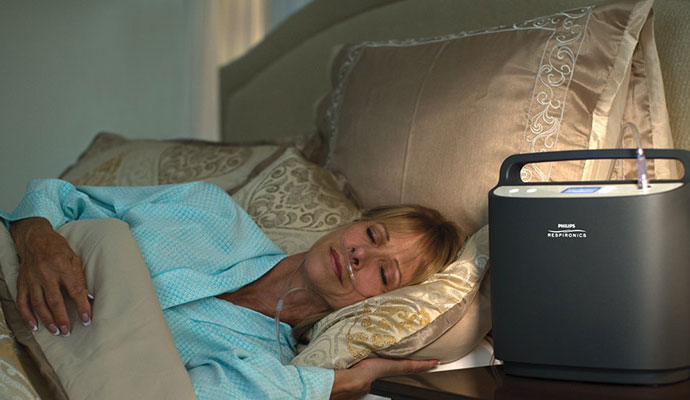Portable oxygen concentrators (POCs) are medical devices that are used to provide oxygen therapy to patients with respiratory conditions such as chronic obstructive pulmonary disease (COPD) and cystic fibrosis. POCs have several advantages over traditional oxygen delivery systems, including:
- Portability: POCs are small and lightweight, making them easy to transport and use while on the go. This allows patients to maintain their mobility and independence, without the need for bulky oxygen tanks or stationary equipment.

- Convenience: POCs are designed to be user-friendly and easy to operate, with simple controls and intuitive interfaces. They also have rechargeable batteries that can provide several hours of continuous use, so patients can use them without being tethered to a power outlet.
- Efficiency: POCs are highly efficient devices that can deliver a high concentration of oxygen to patients. They use advanced technology to filter and purify the air, removing nitrogen and other gases to produce a pure oxygen stream.

- Cost-effective: POCs can be a cost-effective alternative to traditional oxygen delivery systems, such as compressed oxygen tanks or liquid oxygen systems. They require less maintenance and do not require refilling or delivery, which can save patients time and money.
Improved quality of life: POCs can help improve the quality of life for patients with respiratory conditions by providing them with the oxygen they need to breathe more easily. This can help reduce symptoms such as shortness of breath, fatigue, and dizziness, allowing patients to enjoy a more active and fulfilling lifestyle.

Overall, portable oxygen concentrators offer several advantages over traditional oxygen delivery systems, including portability, convenience, efficiency, cost-effectiveness, and improved quality of life for patients with respiratory conditions.